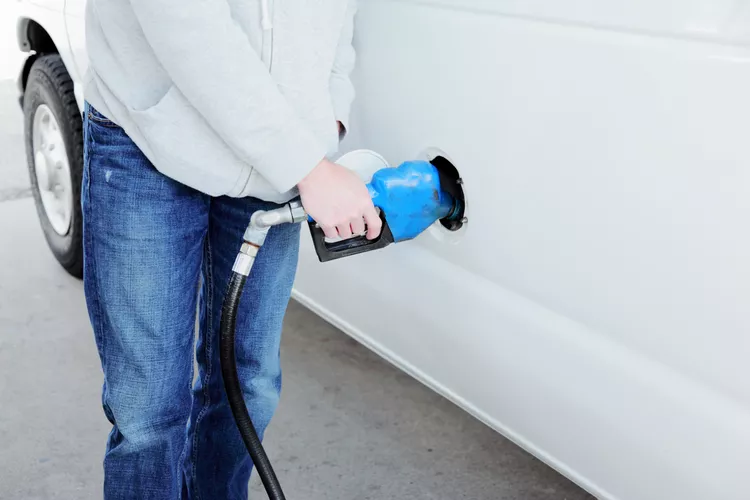Summary
Let’s face it, road trippers and RVers use a lot of fuel. Not only are RVers on the road for long stretches of time and miles, but trailers and motorhomes are known to guzzle down some serious gas whether they’re using diesel or not. It’s no wonder that RVers are constantly looking for ways to save a few bucks at the pump.
Luckily for you, we have nine great tips to help you maximize your gas mileage and save money on your next big adventure.
Where the Rubber Meets the Road
Tires can significantly impact the fuel efficiency of your RV. Old, underinflated, or overinflated tires can all have a negative effect on your fuel consumption. Therefore, check your tire pressure often to ensure it matches your manufacturer’s recommendation. Moreover, remember to check your tires after undergoing dramatic shifts in elevation.
Pro Tip: Before you begin RVing or road tripping for the season, get your towing vehicle or RV inspected. Replace tires if necessary and ensure they’re in prime condition before hitting the road.
Easy Does It
The way you accelerate and brake has a large impact on your gas consumption. Going pedal to the metal, making dramatic accelerations from stops, and employing other high-RPM driving techniques will drain your tank. Keep your speed steady, ease off from stops, and maintain a smooth ride to give your rig more miles per gallon.
Light Load, Heavy Wallet
Weight is, of course, a significant factor in fuel efficiency. The more weight you haul, the harder your engine must work. Consequently, find ways to cut down weight, like avoiding carrying full propane tanks, purchasing your supplies closer to your destination, and generally packing less. Making several small changes can lessen your load by hundreds of pounds.
Pro Tip: Don’t bring what you don’t need. Overpacking is common, whether you’re RVing or not. Only bring what’s necessary, trim what you’re loading, and save, no matter the destination or the distance.
Don’t Be a Tongue Depressor
Continuing with weight, tongue weight refers to the amount of weight placed on your vehicle from a trailer. An overloaded tongue will not only make your vehicle more difficult to drive but will also require more fuel. Ensure your tongue weight meets manufacturer guidelines to balance your load, and consider using a weight distribution hitch.
Balancing Act
Like an overloaded tongue, an unbalanced RV will cause your vehicle to function inefficiently. Try to keep heavier objects closer to the floor of the vehicle and balance the load both at the front and rear sides.
Pro Tip: Practice loading your RV to ensure it’s balanced, as this will save you on gas and ensure a safe and even load for towing and traveling.
Keep a Routine
Routine maintenance helps keep your RV’s engine functioning at its best, maximizing fuel efficiency. Therefore, regularly have your vehicle checked out by a certified mechanic for oil changes, air filters, tune-ups, and any other necessary work to keep your engine running smoothly.
Sweat the Small Things
Many small changes may save only a few drops of fuel individually, but collectively, they make a significant difference. Things like idling the engine, using air conditioning, or keeping your windows down at high speeds can all waste fuel. Pay attention to these small adjustments to see a big impact on your consumption.
Pro Tip: Occasionally embrace being uncomfortable by turning off the AC and letting the wind cool you down while driving. This will conserve fuel and save you money on gas mileage for your trip.
Use Fuel Finding Services
If you’re a member of a discount RV community, chances are they offer a fuel finding service that will help you locate the cheapest fuel nearby. Additionally, there are several free resources like Gas Buddy that can assist you in finding low fuel prices.
Working for the Weekend
Fuel prices typically rise during the weekend, regardless of location. Therefore, we recommend filling up your tank midweek to take advantage of lower prices. Although this may not always hold true, most areas tend to follow this pattern.
Pro Tip: Consider filling a gas can or two with fuel during the week to avoid high prices or popular tourist traps during your trip.
Taking the time to reduce your fuel costs is one of the perks for RVers that will save you money long-term. By budgeting for fuel and planning your RV road trip down to the smallest detail, you can save on all vacation-associated costs.




